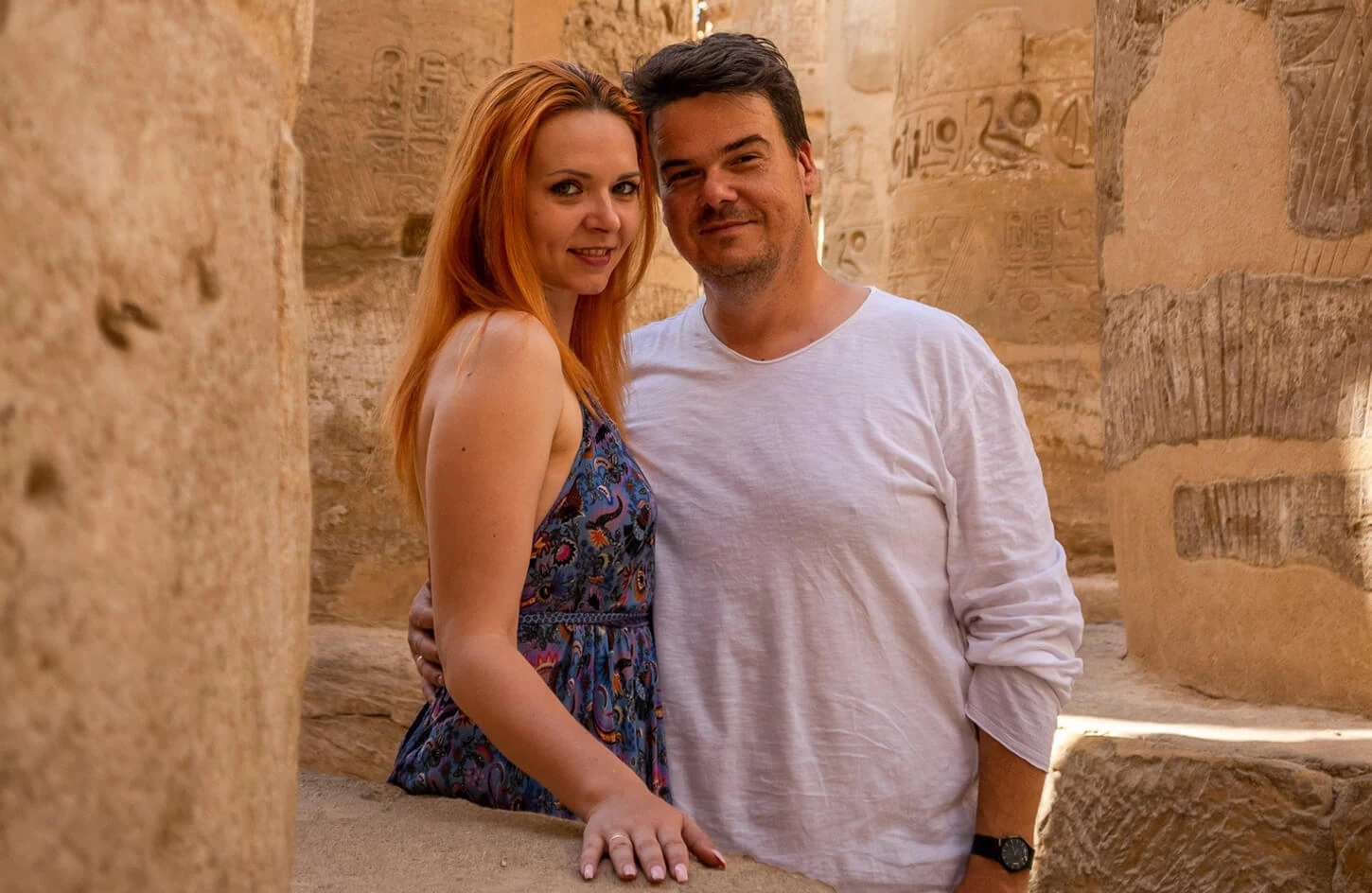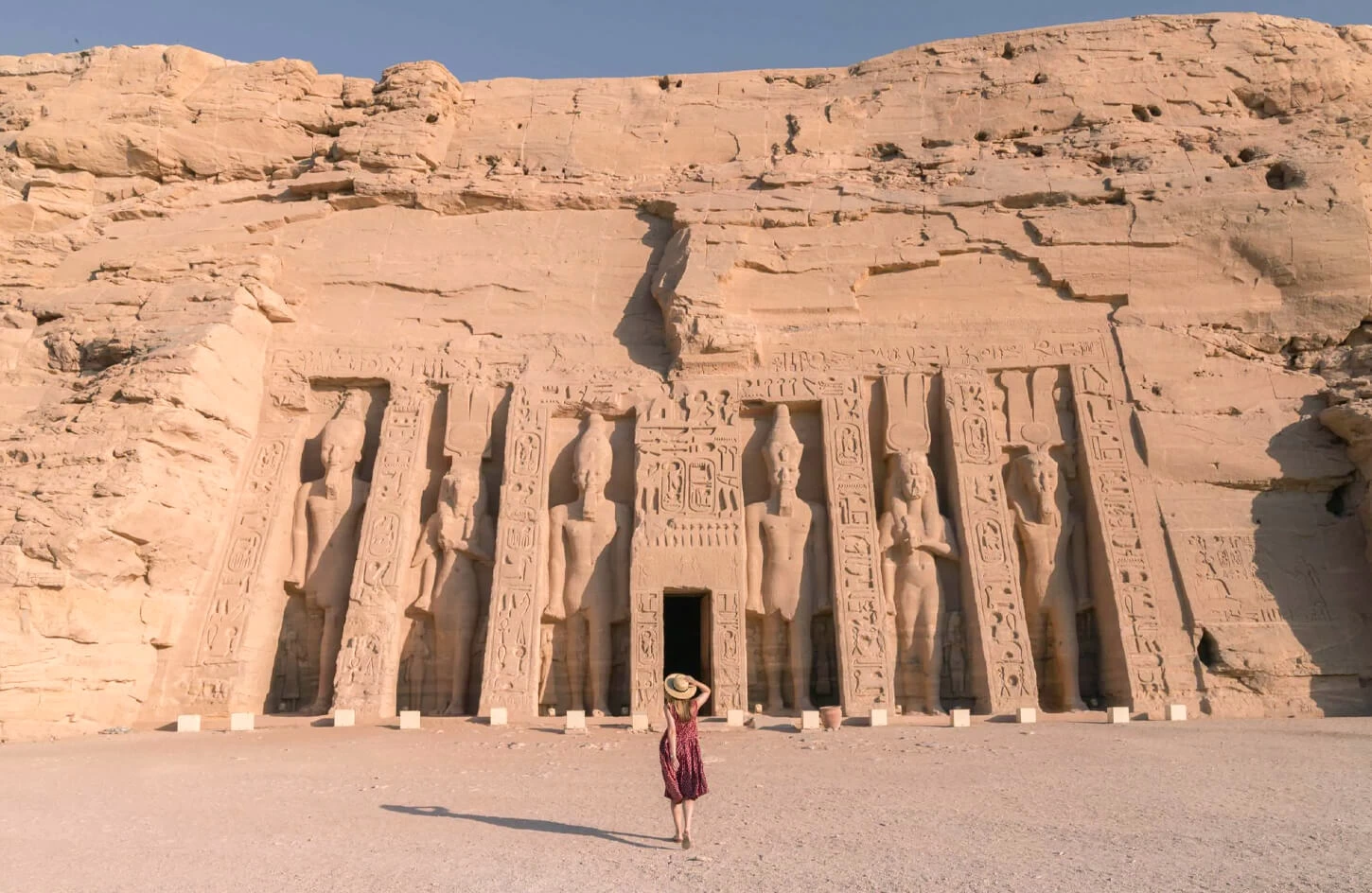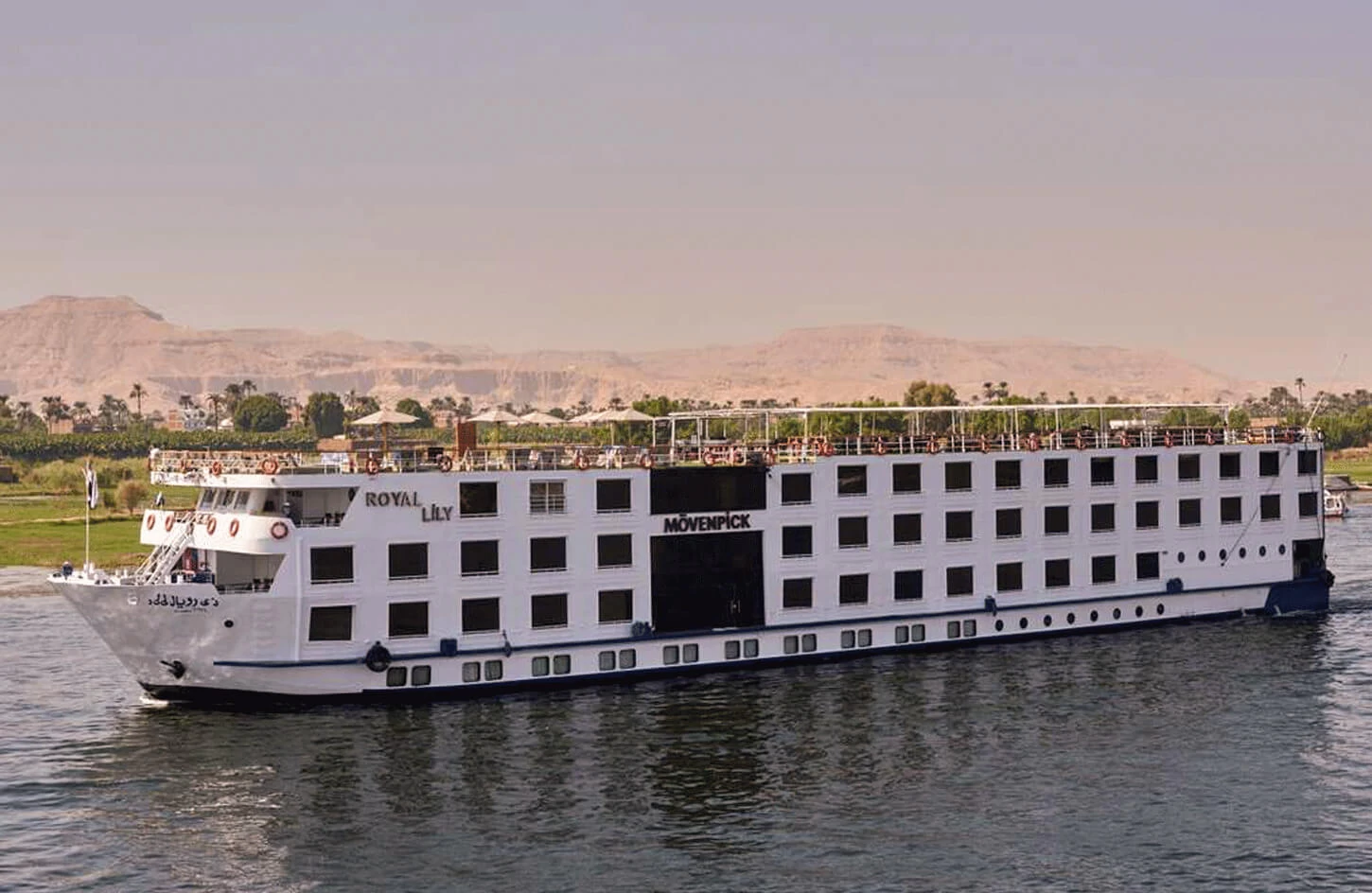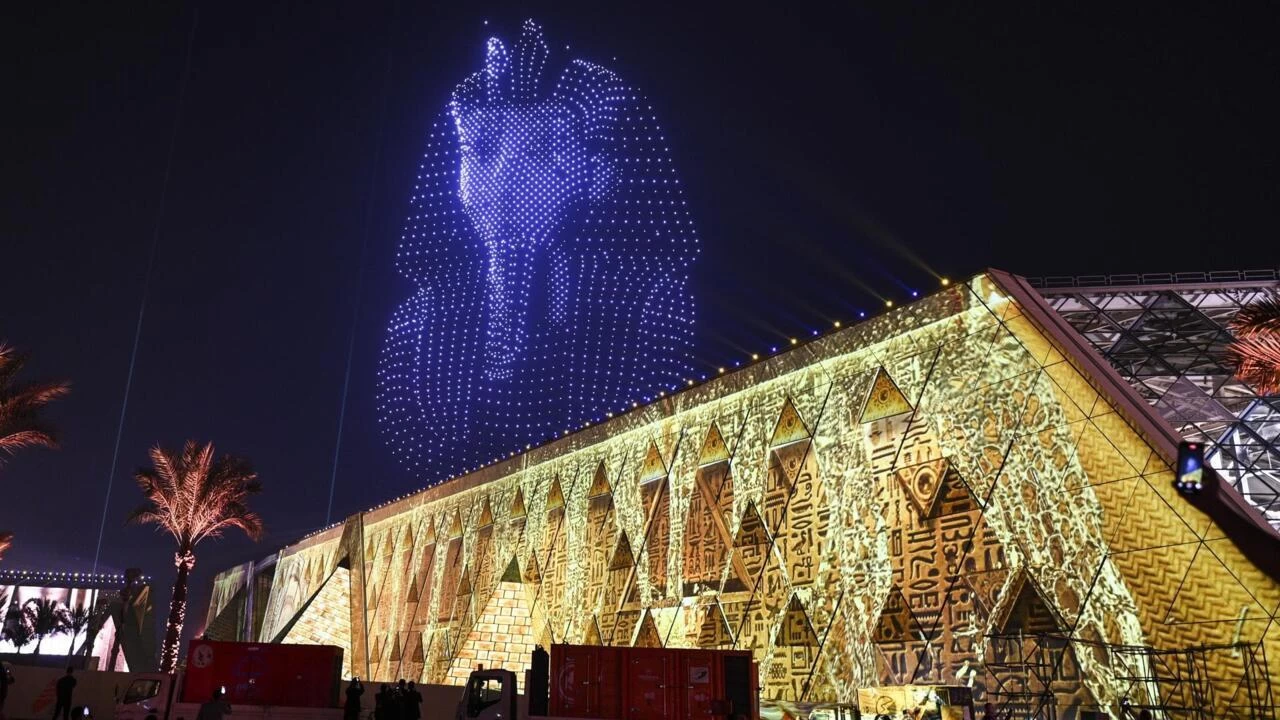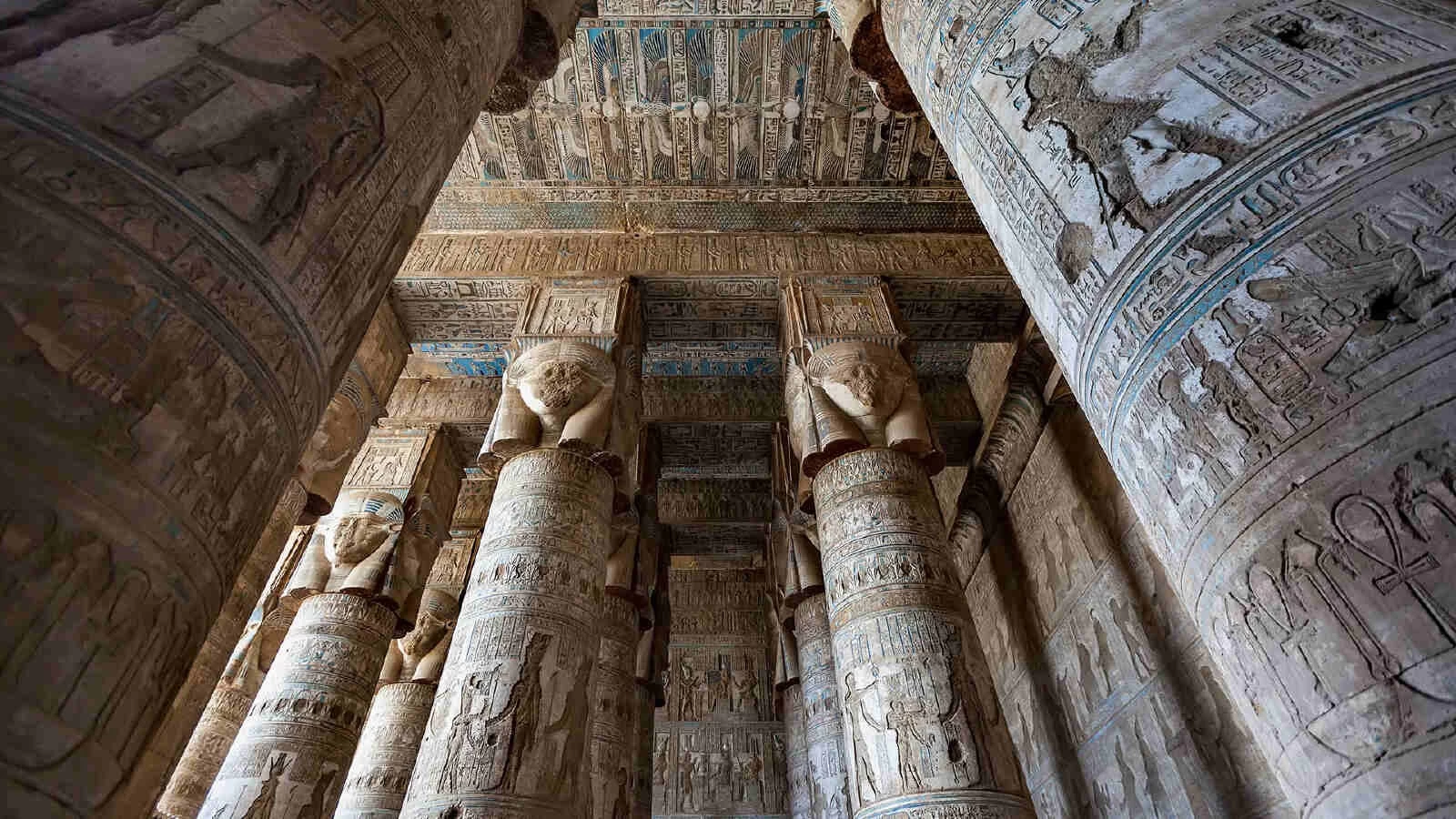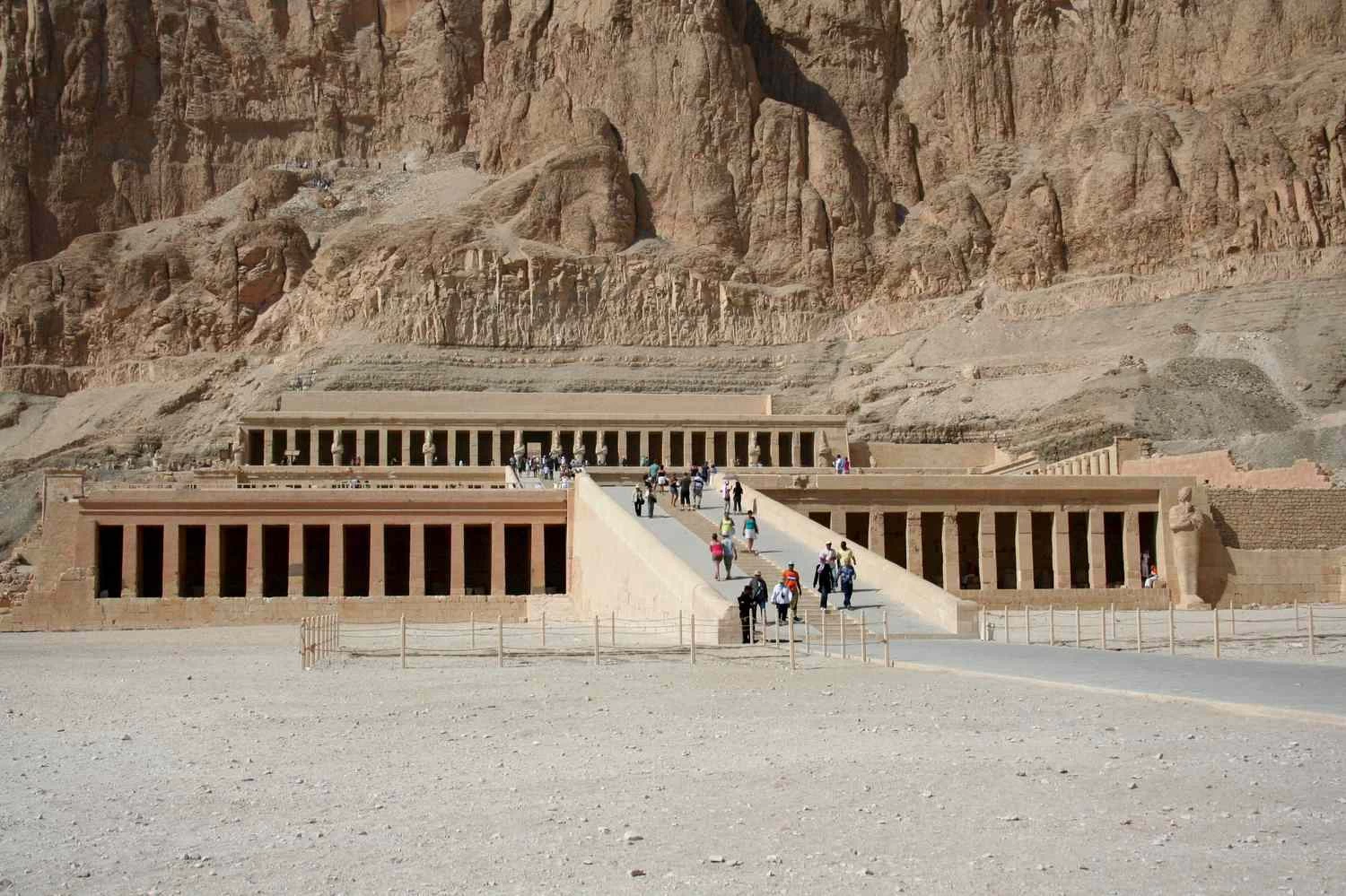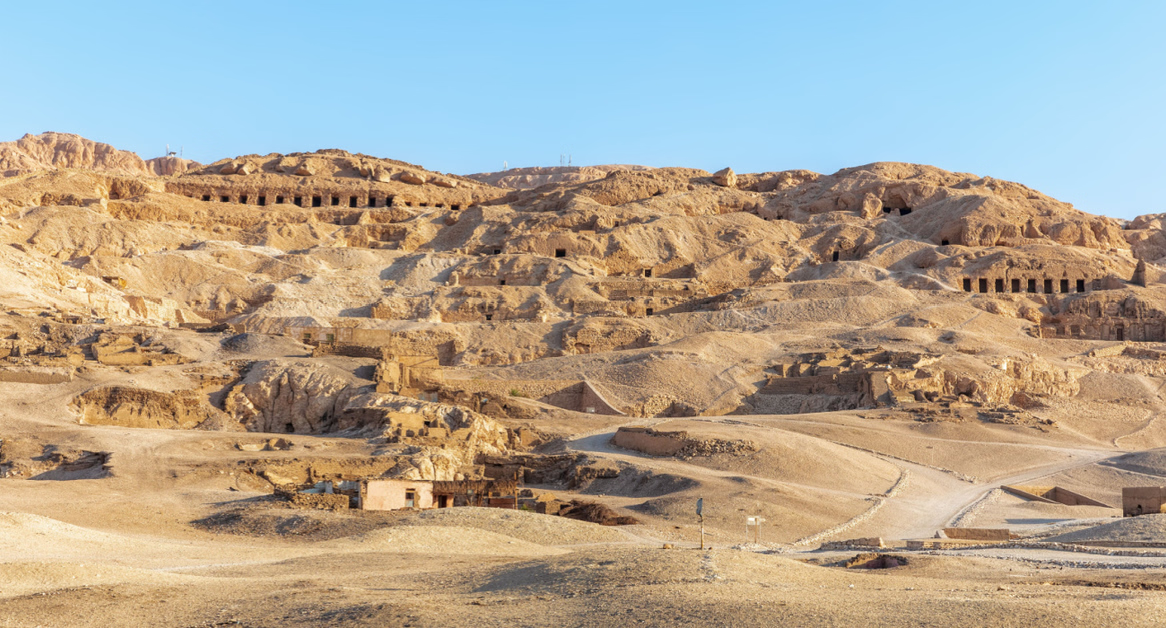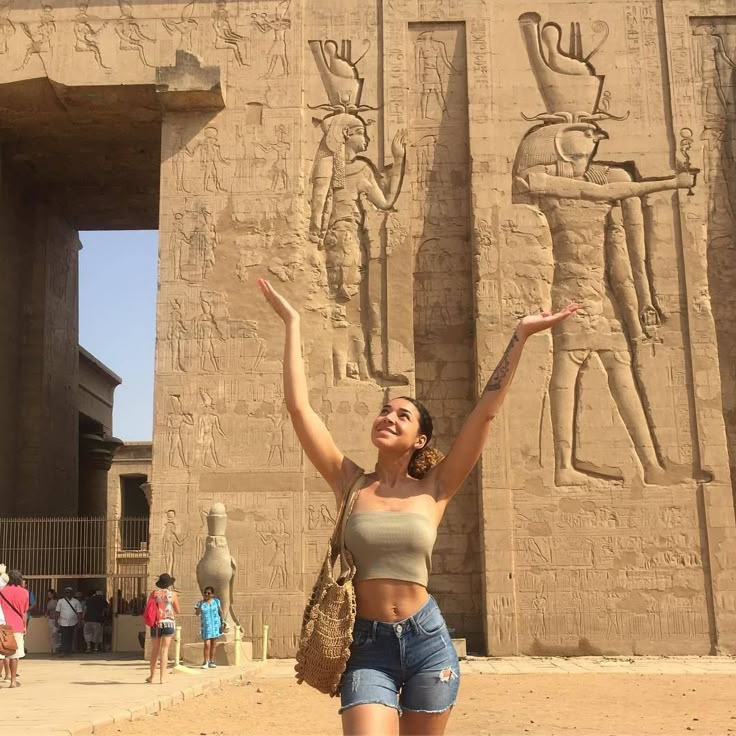Luxor Souk
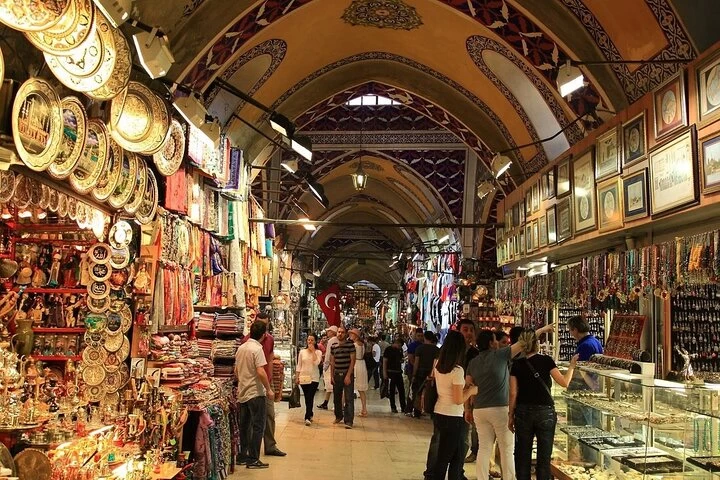
The Luxor Souk is said to be one of the most recognized jewels in the crown of the city of Luxor. Behind the famous Luxor Temple sits the souk, which has retained its traditional charm and attracts both locals and tourists. This dynamic market holds an atmosphere with great traditions and genuine life-filled products that cannot be found anywhere else. Among the places to visit during your day tour of Luxor or a day trip to Luxor is an imperative stop at the souk.
Location and Accessibility of the Market
Instead of being thirty or so kilometers to the west, Luxor Souk lies in the middle of the city, just behind Luxor Temple, making it within arm's length away from almost every major attraction or hotel. Should you be staying near the Nile or closer to the east bank, approaching the market is a snap-and-a-joy trip.
How to Get There: It's fairly easy to get to the souk by taxi or by a traditional horse-drawn cart called "calèche" from sites like Karnak Temple and Luxor Temple. For those with a penchant for leisure strolling, they can approach the souk in 10 minutes from Luxor Temple.
Best Time To Visit: In the early morning, one may want to enjoy peaceful shopping. Evenings and late afternoons are the livelier times when the souk is cast under the glow of streetlights.
The market is mostly divided into three sections, each probing a slightly different view into daily life and shopping in Luxor:
-
Section 1 – Popular with tourists hunting for traditional souvenirs and gifts.
-
Section 2 – This is the more genuine area of the market, where local residents purchase their necessities of life.
-
Section 3 – This area stretches towards Karnak Temple, mixing the feeling of ancient history with that of the market.
What to Buy at Luxor Souk?
The Luxor Souk represents a treasure chest of offerings reflecting the history and life stories of Egyptian culture and craftsmanship; every mere casual visit or an arranged Egypt tour provides for everyone.
Traditional garments: Ranging from flowing galabiyas, which are considered the official dress for men, to fine Egyptian cotton wear, these traditional garments are expensive, though gifts.
Handicrafts: Locally made pottery, carpets, leather goods, and antique curios are all expressions of the skilled craftsmanship of the region.
Spices/Herbs: The air is laden with the rich fragrances of vibrant spices and herbs that are a staple in traditional Egyptian cuisine, being sold throughout the souk.
Local Foods: For those wishing to experience the true flavor of Egypt, it is fresh seasonal fruits, salted fish, and regional delicacies that one could procure.
Whatever it is that draws you to Luxor Souk-whether it be the cultural experience, unique shopping, or just getting lost in the streets-Luxor Souk would ensure lasting memories of any trip to this mighty city.
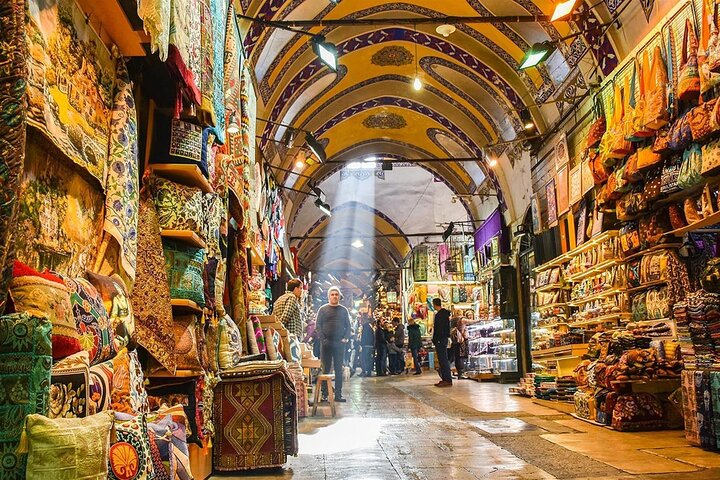
Cultural Experience in the Market
Despite the hustle and lively shopping atmosphere that Luxor Souk offers its customers, there is more to it than just shopping; the souk is a whole cultural journey in itself. Visitors can watch local artisans at work, chat with the craftspeople, and witness traditions that have been part of Luxor's everyday life for centuries. This makes a good highlight for anyone who is interested in the cultural side of a Luxor day tour or a Luxor adventure tour. The energy of the streets, with entertainers and music, gives the market a character that feels both old-time and present.
Shopping Tips for Luxor Souk
Think about the following if you want your stay to be enjoyable and get as much as possible out of this unforgettable experience:
Bargaining: The negotiation of prices is fun at Luxor Souk. Don’t consider it rude; bargain away, it’s expected! Sometimes, patience is well worth it because the best deals are those items sold at not-too-expensive prices that actually can qualify to be good quality.
Respect the Culture: Have a fair bit of knowledge of local culture and go about your business with the vendor in respectful terms. A little bit of honesty towards others makes for a nice social interaction and a rewarding experience.
Take Your Time: There are plenty of hidden corners and unique shops worth walking around and exploring in the market. Slow down your walk up and down the narrow alleys and strike up conversations; this will add yet another memory while on your day trip to Luxor.
The Market at Night: A Different Charm
As the sun is about to set, Luxor Souk seems to change character. Stalls are lit here and there by some artsy lamps, while the warmth of melodious tunes spreads across the stalls. Both commoners and visitors fill the streets, enjoying the cool breeze. According to many visitors, this is one of the most memorable activities undertaken in Luxor, as the souk is where tradition and nightlife come alive. Walking through the market on an evening is a cherished memory for anyone looking for authentic late-night Luxor excursions.
Culinary Experience at the Market
A visit to Luxor Souk in itself isn't complete without dining. Whether full and tameya from the entrance, classic Egyptian cuisine, or basbousa and kunafa for the next stop on your dolce detour, the market must not be deprived of a tasty gastronomic tour around local culinary delights. Visiting either under a guided Luxor day tour or by yourself, at any rate, street food must be the name of the game here!
Prices You Can Expect at Luxor Souk
Prices vary at Luxor Souk, and it all depends on what you're buying and your capability to bargain. Generally speaking, one can purchase handmade items, spices, clothes, and souvenirs at very cheap prices if they are willing to haggle. The bazaar has something for everyone, no matter whether you're on a short trip in Luxor or a longer trip around Luxor.
When shopping at Luxor Souk, the prices can vary depending on the type of goods and the vendor. Here’s a rough idea of what you might expect:
-
In terms of examples for Souvenirs and Gifts, small items such as key holders, magnets, and small trinkets can cost as little as 20-30 EGP, and the more elegant works such as handmade jewelry or pottery cost around 100-300 EGP.
-
As for Traditional Clothing, Galabiyas and other traditional clothing can cost anywhere from 100-500 EGP, depending on the nature of the fabric and type of craftsmanship.
-
Handmade Crafts: Those that might include carpets and leather, and pottery may cost anywhere from 150-500 EGP, or even higher; that is especially the price range for good-quality handwork.
-
Local Spices and Herbs: A bunch of either fresh spices or dried herbs can cost you about 10-30 EGP.
After all, it is always a good idea to haggle somewhat as bargaining is quite natural in Luxor Souk and one can often get a better Price.
Luxor Souk is really not just a market; it is a cultural treasure that gives tourists an opportunity to immerse themselves in Egyptian ways while having a unique shopping experience. With its wealth of choices, colorful atmosphere, and local character, it is a must-see for anyone visiting Luxor.
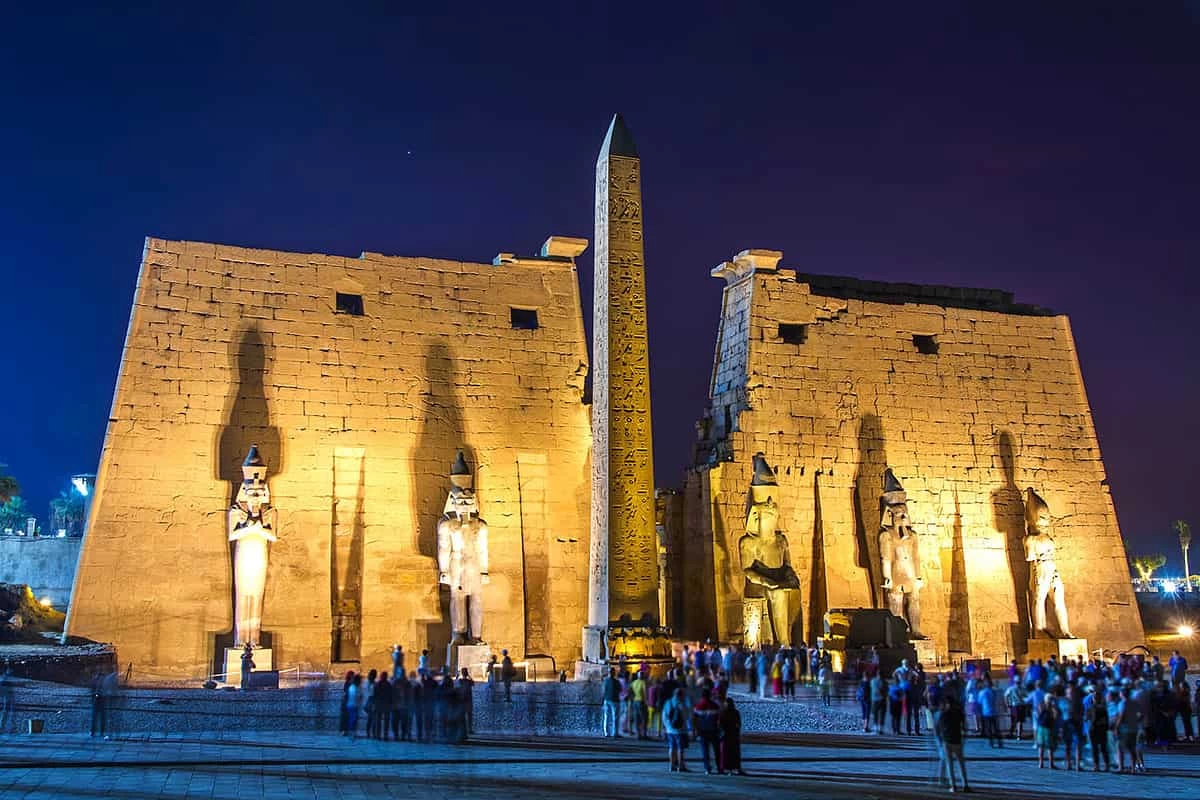
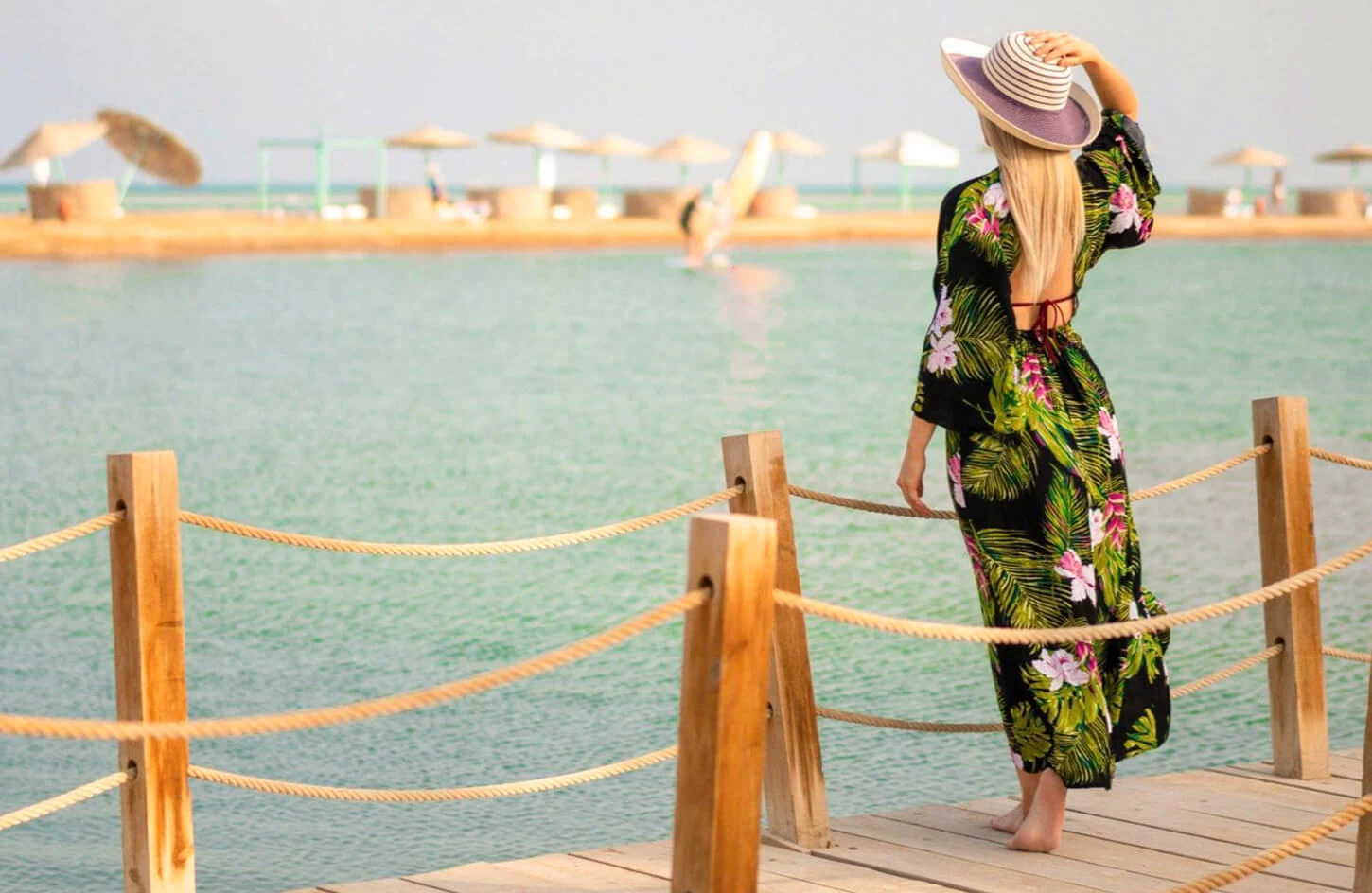
-webp.webp)
-(1)-webp.webp)
-webp.webp)
-webp.webp)
